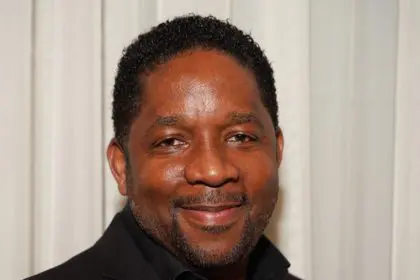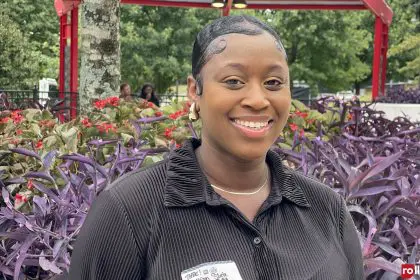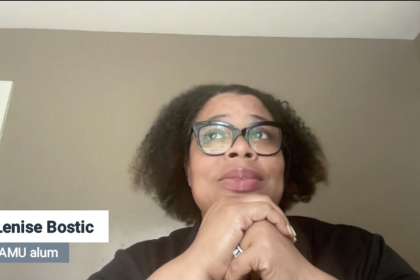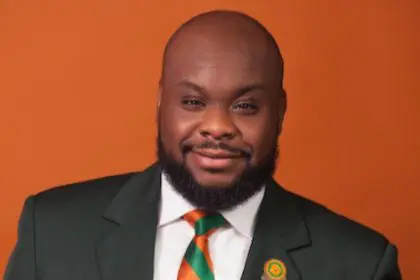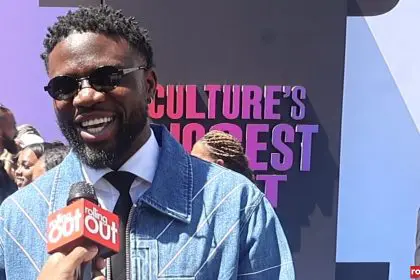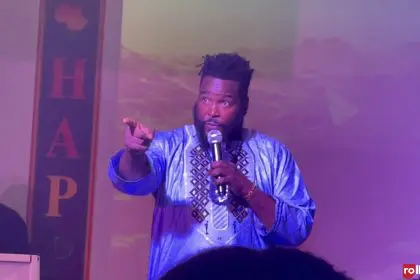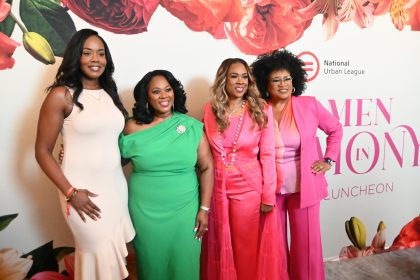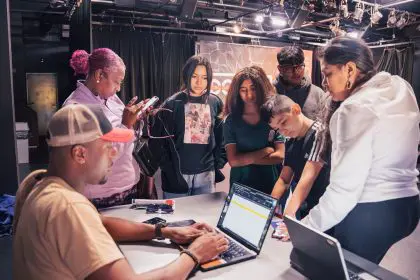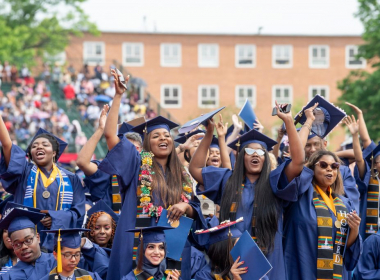Evan Malbrough, a 2024 INROADS Rising Star, wants people to know that he loves communities and working among the people. A native of Smyrna, Georgia, Malbrough is a 2020 graduate of Georgia State University with a degree in public policy and a minor in cello performance. He also was an inductee to Georgia State University’s 2022 “40 under 40” class.
Malbrough will be honored on May 2 as an INROADS Rising Star, as they recognize individuals who have demonstrated exceptional leadership, impacting the community and upholding the INROADS mission.
What is your greatest career accomplishment?
I would say my greatest career accomplishment goes back to my time at the American Civil Liberties Union (ACLU) of Georgia, where I helped lead an initiative to save three on-campus early voting centers at three universities in Fulton County. [They] included my alma mater, Georgia State University, [along with] the Georgia Institute of Technology and Morehouse College. We were able to work with community and coalition partners to save those early voting centers, and a few 1,000 people got to vote leading up to election day.
If you could leave a mark in your industry, what would it look like?
My industry is advocacy. Part of being an advocate is talking to communities, listening to communities, and working to create solutions that expand access and increase equity. Some also fight for justice as well. My job is to give a voice to people who have been systematically kept out of our system.
What have you seen change in your industry from when you first started?
I think social media made a huge difference in how we get information. That means it changed a lot of things about how we spread information and then how we consume it as well. Social media has changed; it’s a lot about content. Activism plus content. That’s the language that a lot of people in this country speak, so we have to learn how to speak it.
Where do you draw your inspiration from?
John Lewis was a very big inspiration for me. James Baldwin, Andrew Young and Andrew Goodman all come to mind when it comes to inspirations on my end.
What is some advice that you would give to your younger self?
I would say be comfortable being uncomfortable,. I think part of organizing is being uncomfortable because oftentimes when you’re going into spaces, you’re telling them where things are not adding up, or where people are being wrong, or when people are being aware of specific things that can affect people’s lives. Being in that space means you’re kind of a lightning rod for a lot of negative energy. I’ve been on the other end of protests; I’ve protested; and I’ve observed protests. So, I think it’s hard.
Another big part of activism is humility because, oftentimes, when you’re going into these communities, sometimes you can get a savior complex where you’re, like, “We’re here to help these people, these people wouldn’t be here without us.” But that’s not true. Communities are focused on surviving and focus on making sure that they’re able to get to the day-to-day’ and us working with them and helping them is more of a privilege … than it being some type of charity or some type of service to them. It’s service in solidarity with them.
What has INROADS done for your life and career?
INROADS has made a huge difference. My fellowship at INROADS started my freshman year at the United States Department of Defense. Every summer starting my freshman year going into COVID, I was working at the Pentagon. I did three different research fellowships at three different departments. What it really gave me was the fieldwork and the application of policy. My major is public policy, so a lot of that in the classroom is theoretical and project-based, but actually working in a government agency that does policy allows me to see how that entity works.

